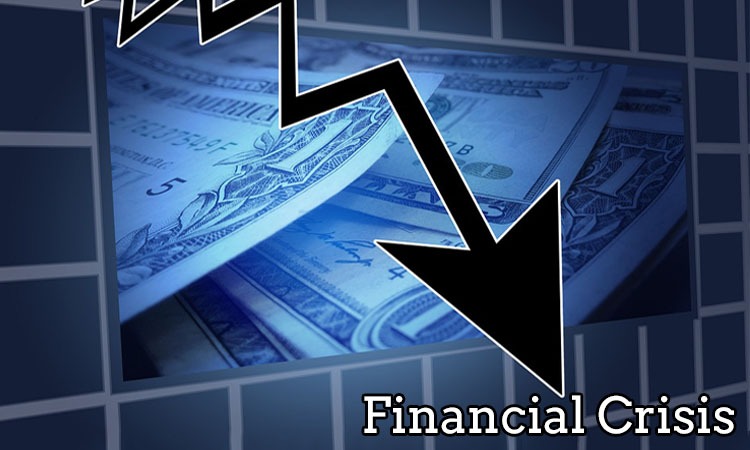The global financial crisis of 2008 had implications worldwide on the economies of the world. The collapse of the Lehman Brothers investment bank marked the onset of the banking crisis. The subprime mortgage market in the United States saw the meager beginnings of an international financial crisis that gripped the whole world. The excessive risk-taking by investment banks magnified the impact of the crisis globally. The banking crisis was followed by the Great Recession.
The high default rate in the home mortgage sector in the US was one of the prime factors for the crisis. The boom in the property especially home buying sector caused by the high mortgage approval rates led to the homeowners borrow against their properties especially homes to make a quick gain. This led to a high delinquency rate which further led to a devaluation of financial mechanisms like securities etc. the banks which had invested heavily in the sector felt a liquidity crisis brewing.
Read more: Banking Frauds
The banks felt the pinch the most as a majority of the banks expected to be bailed out by the US govt. Merrill Lynch, AIG, HBOS, Royal Bank of Scotland, Bradford & Bingley, Fortis, Hypo Real Estate, and Alliance & Leicester were all expected to file for bankruptcy which was first done by Lehman Brothers bank. The crisis in the banks led to a steep drop in the stock markets, the property sector saw a rapid fall leading to foreclosures, evictions etc. unemployment saw an upsurge and many businesses had to shut down.

The banking crisis resulted in the Great Recession that lasted almost 4 years and it also led to the European Sovereign debt crisis. Financial institutions faced their worst ever crunch. Questions regarding bank solvency, declines in credit availability, and damaged investor confidence affected global stock markets, where securities suffered large losses during 2008 and early 2009. Economies worldwide slowed during this period, as credit tightened and international trade declined.
Lack of financial regulation, breakdowns in corporate governance, excessive risk-taking matched by excessive borrowing, lack of financial sight all led to the banking crisis. A shadow banking system existed where entities borrowed short-term in liquid markets to purchase long-term, illiquid and risky assets leading to disruptions in the credit market.
Read more: Banking and Finance
The banking crisis was a small but significant part of the Great Recession. The mistrust within the banking community was also a major cause. After much intervention by the Federal Govt the crisis was controlled and damage control brought into place.
